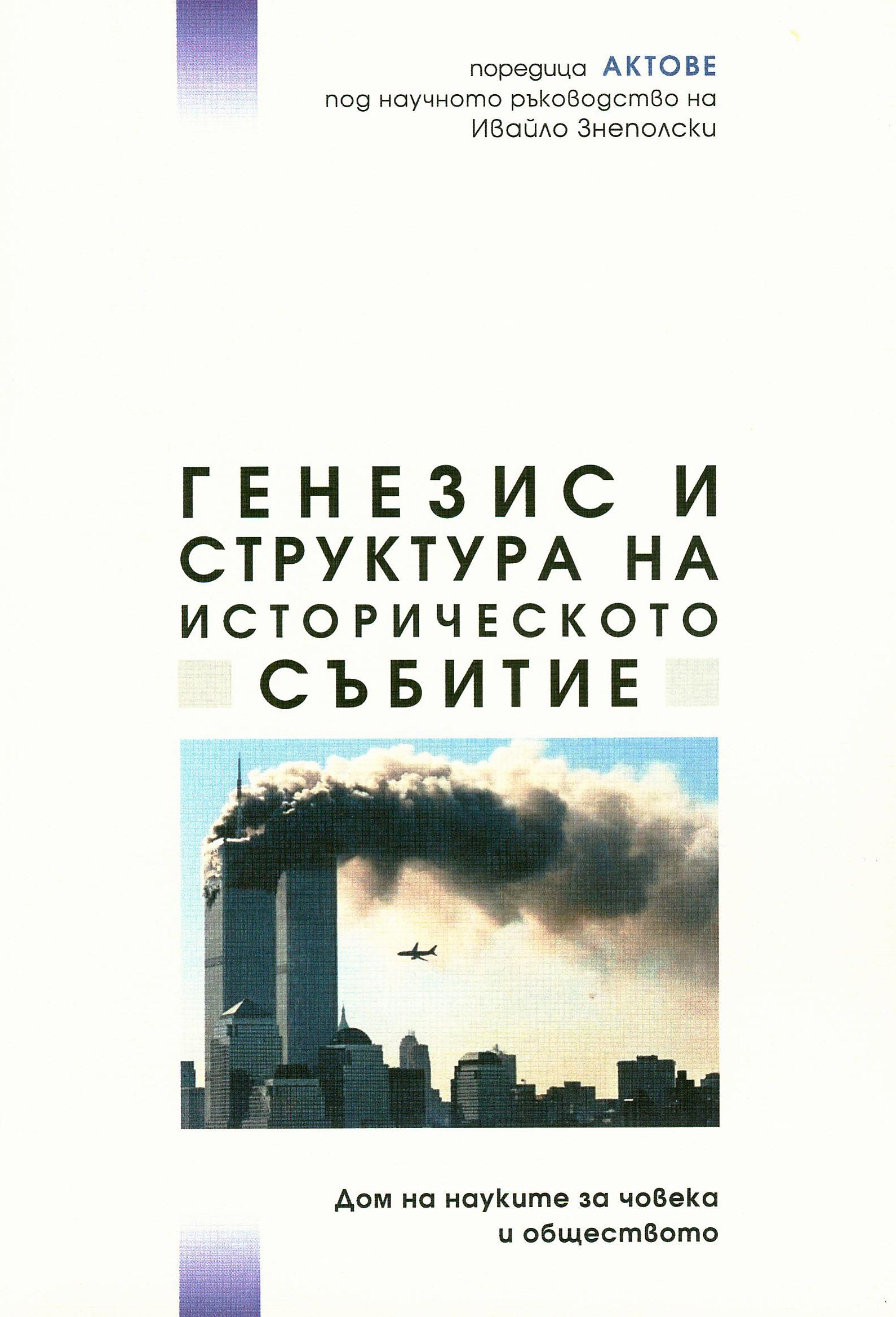
We kindly inform you that, as long as the subject affiliation of our 300.000+ articles is in progress, you might get unsufficient or no results on your third level or second level search. In this case, please broaden your search criteria.

Bir hareketin büyük mütefekkirlerinden Yüksek Türk yetisine, kurtuluşun tek yolu İslâm ahlâk ve fâziletini yerleştiren bir münevver. Kendi deyimiyle "İslâm imân ve ahlâkına göre yaşamayı en büyük saadet bilen, büyük Türk milletini iki cihanda aziz ve mesut görmek isteyen ve böylece İslâm'ı gaye edinen Türk milliyetçiliği şuuruna sahip" birisi. Seyyit Ahmet Arvasi... Türkiye'nin en yüksek noktası ünvanına sahip Ağrı Dağı'nın adını aldığı il olan Ağrı şehrinin, Doğubeyazıt ilçesinde; 15 Şubat 1932'de dünyaya gelir. Köyü, soy isimlerine ithafen “Arvas” adını taşır. Babası Anadolu'da ki büyük âlimlerden ve peygamber soyundan gelen Seyyit Abdulhâkim Arvasi'dir. -Abdulhâkim Arvasi, Üstat Necip Fazıl'ın İslâmlaşmasına ve fikriyatının oluşmasına vesile olarak bilinir.- Altı çocuklu bir ailenin ferdi olan Ahmet Arvasi, ilk ve ortaöğretimini Van-Doğubeyazıt- Erzurum arasında tamamlar. Liseye Erzurum Erkek Okulu'nda adım atar. Erciş Öğretmen Okulu'ndan mezun olur. 1952 yılında Konya'nın Doğanbeyli nahiyesinde öğretmenlik hayatına başlar.
More...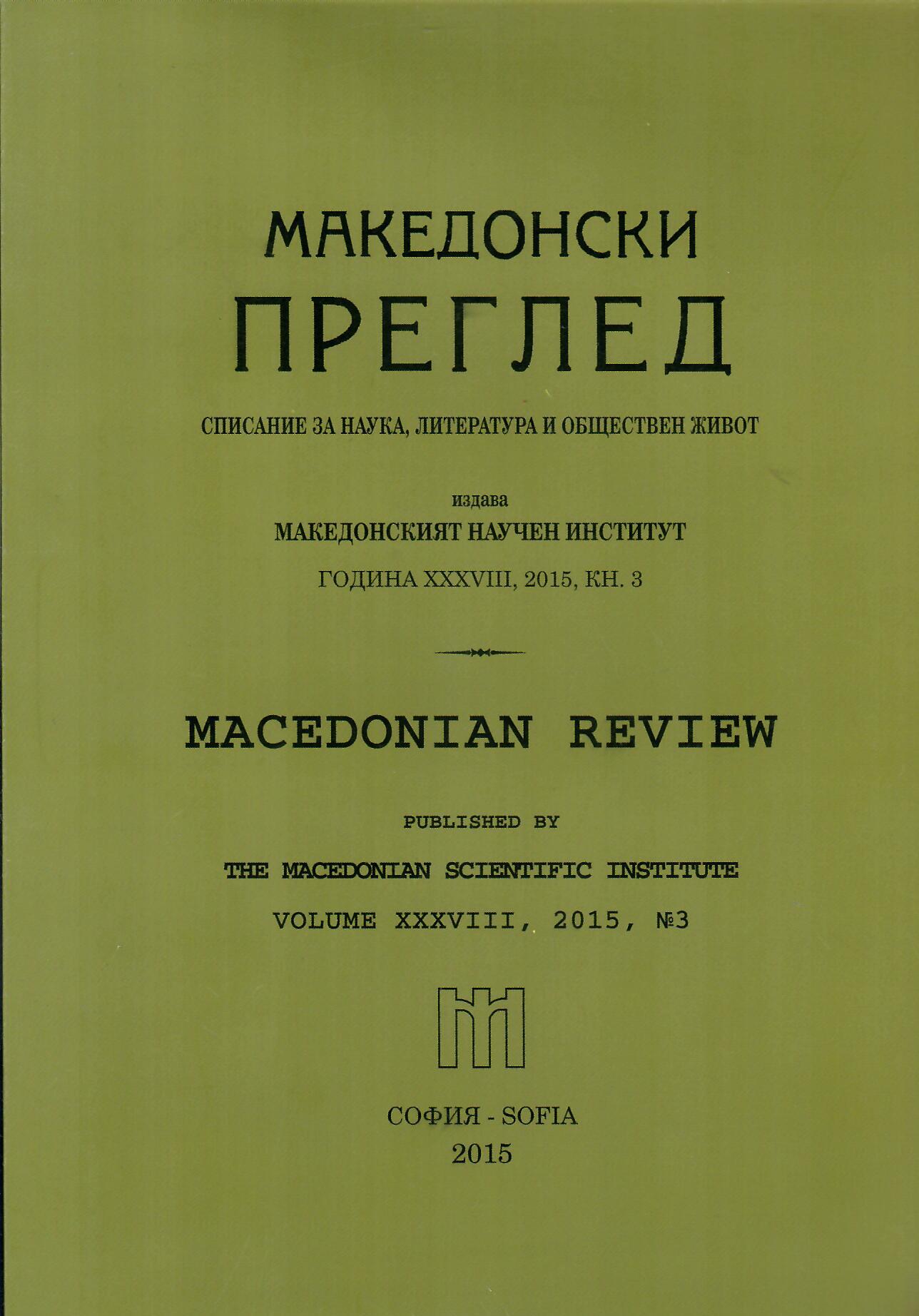
120 years ago, from 19 to 28 March 1895, a unifying Congress was held in Sofia, which established the Macedonian Committee (MC) as the governing body of a general organization which was joined by the Macedonian societies in Bulgaria and Romania and student societies in Western Europe and Russia.
More...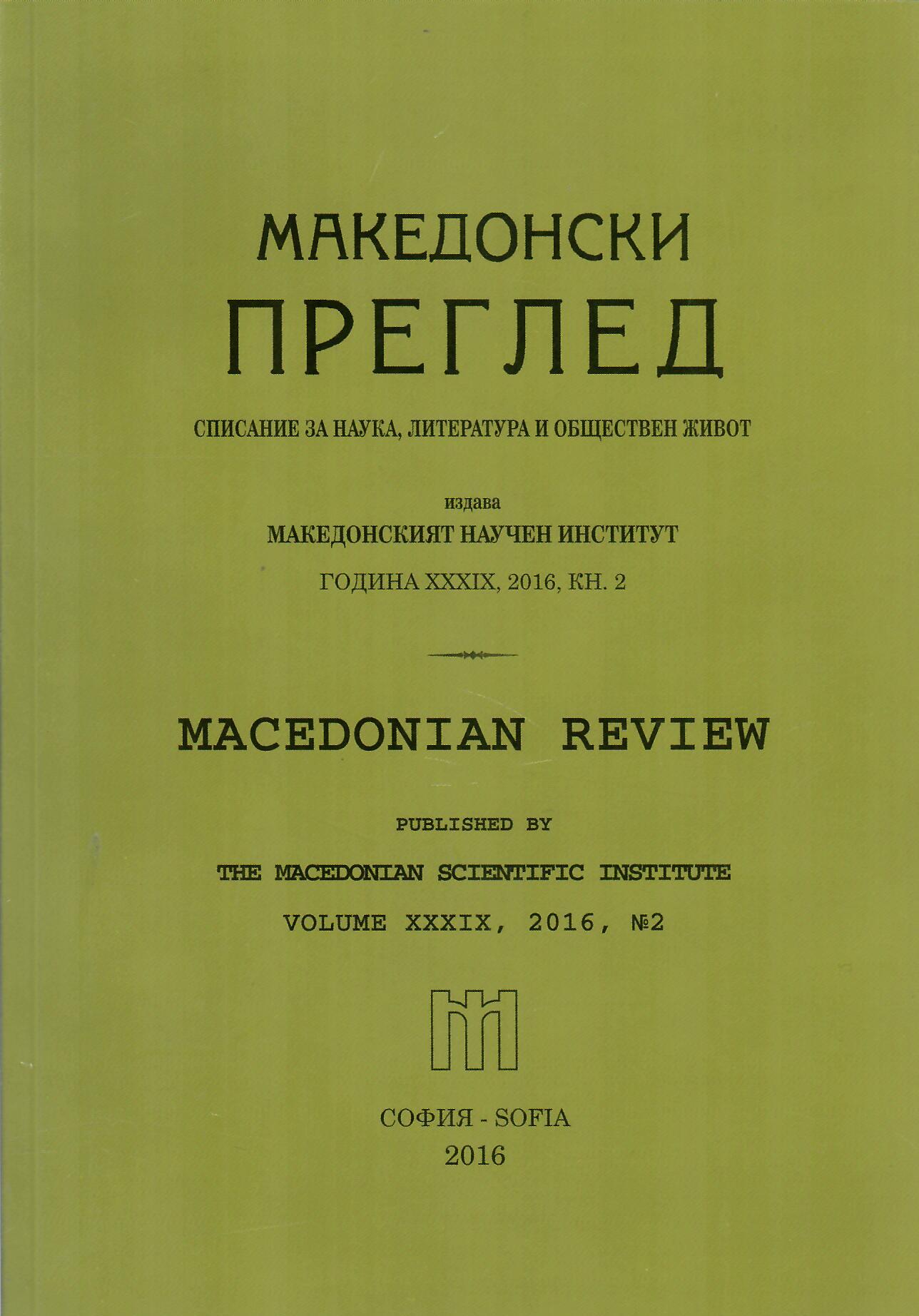
Ethnic cartography is a tool developed to legitimize the concept and the arguments of the national state. Ethnic cards, which often simplifies and even distort reality and national identity, too complicated in itself, cannot be regarded as an impartial source. Balkan nations in turn are trying to use the opportunities of ethnic cartography and interpretation of certain sources to legalize their territorial aspirations.
More...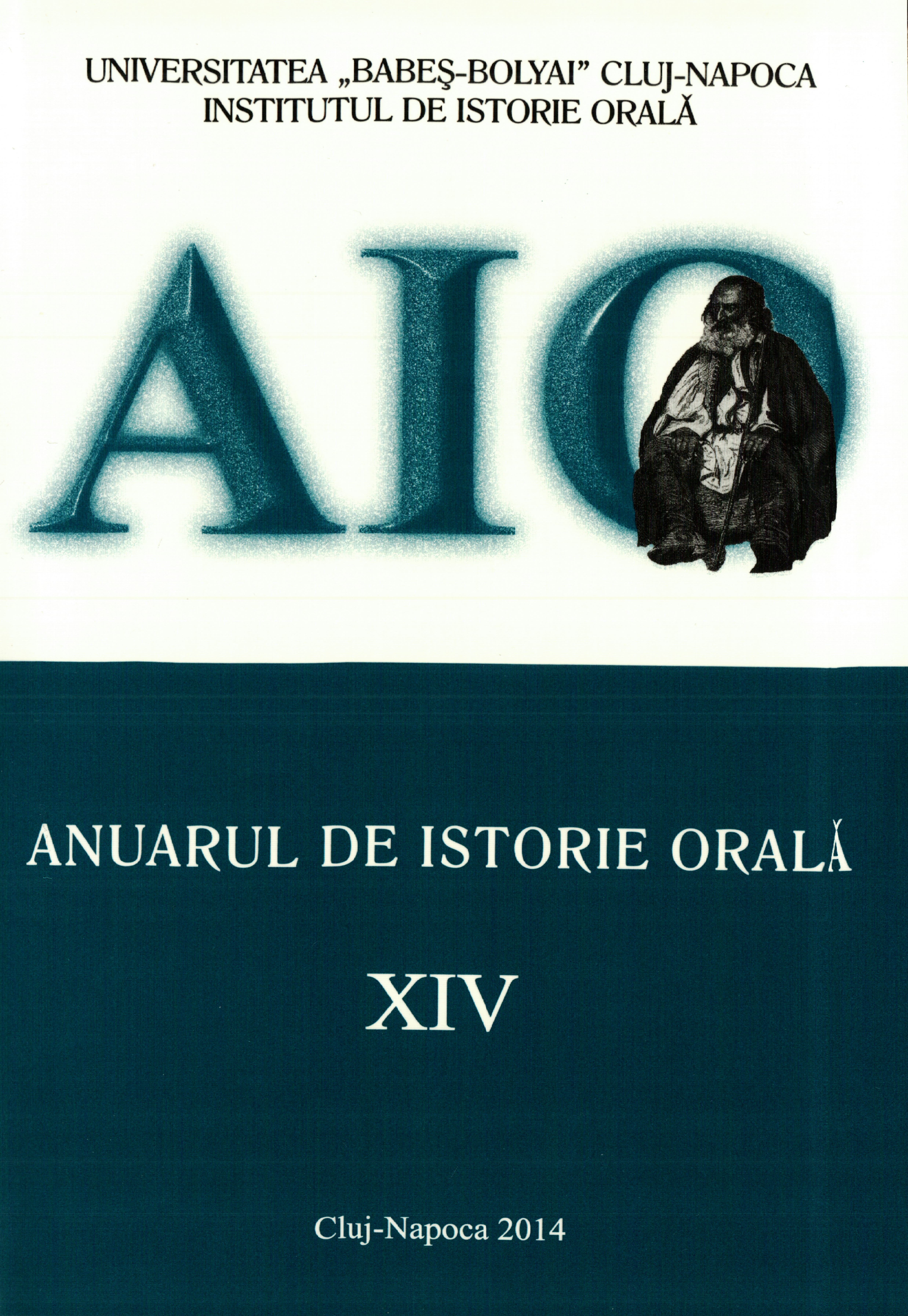
Before becoming history, war was delivered to memory on the conditions that this great tragedy is felt purely personal, individual. The memorial war“bill” is accomplished, then, after a imprescriptibly "privatization" of the tragedy, under the sovereign view on the war, from the official point of view, that remains detached from bomb on earth launched at the height of the plane or at the height of the “objectivity” of war strategies. The lower part of war, combatants and civilians directly affected by the tragedy has a punctual concrete look as a very personal experience marked by a strong “behavioral and emotional identification”. This method of transferring the history of war in memory of participants, as processing and takeovers of “living history” defines the memory of war as war of memory.The historiographical outline of the reconstruction of the war through memory, stages and inflections, the emergence of memory in historiographical discourse as a first concentric delimitation and the typology of the „bottom” memory or, more precisely, the possible thematic or generic dissociation of this memory, as the second concentric circle, can argue descriptive and interpretative valences of the war played between history and memory.
More...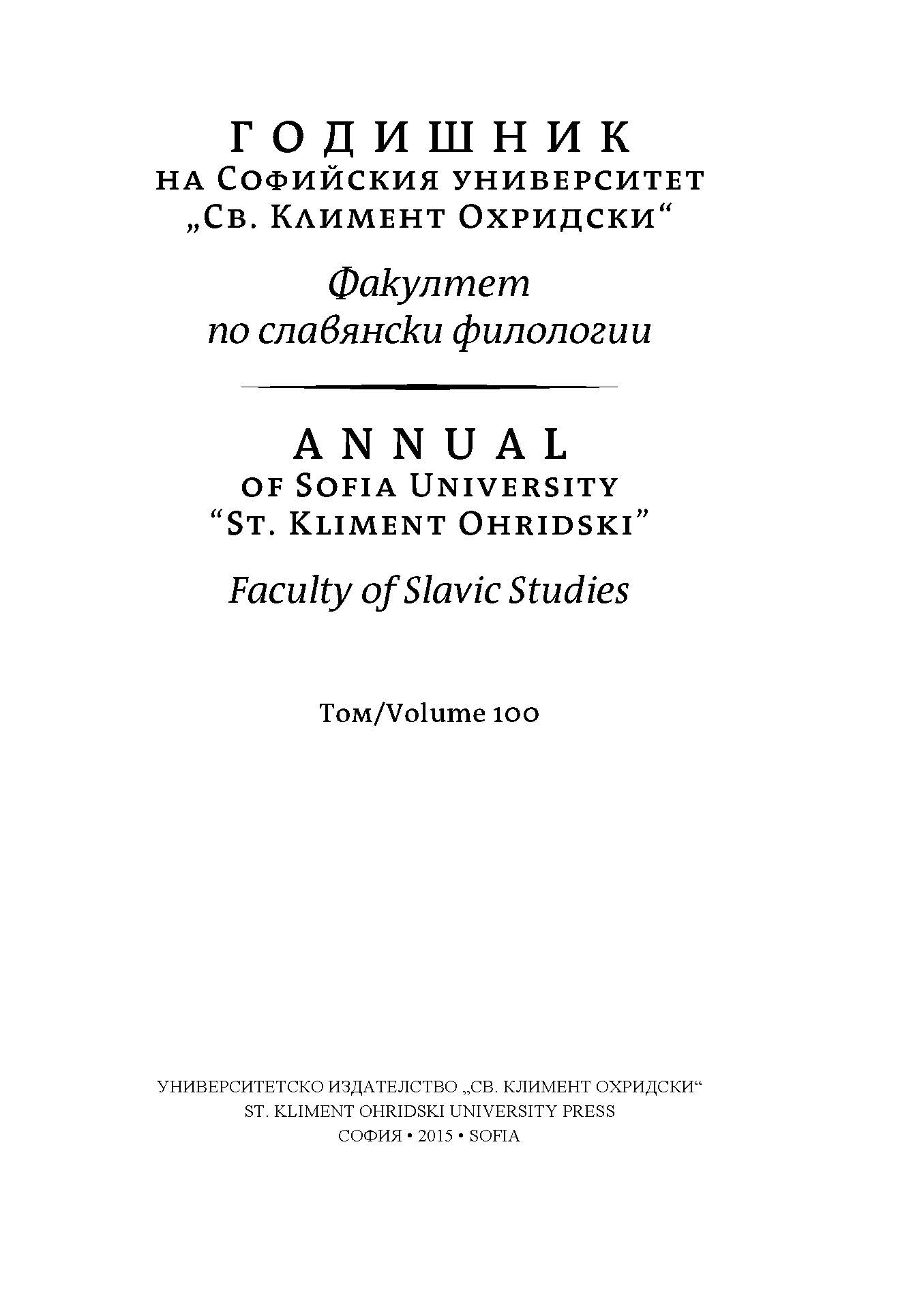
This text is part of a bigger research, which examines the irrational principles within the origins of human thought and the world of literature.The object of this part of the research is Gorgon Medusa, more specifically the signs of irrational principles present in her mythology, the purpose being a new attempt at exploring the messages within, which shed light on forgotten aspects of existence.There are many interpretations and presentations of Medusa, but the special emphasis is placed on archaeological finds in Bulgaria. The figure of Medusa can be further interpreted as the embodiment of the irrational itself, connected with the secret knowledge of life and death as well as the human nature – the basic problems in literature.This text is part of a bigger research, which examines the irrational principles within the origins of human thought and the world of literature. The object of this part of the research is Gorgon Medusa, more specifically the signs of irrational principles present in her mythology, the purpose being a new attempt at exploring the messages within, which shed light on forgotten aspects of existence. There are many interpretations and presentations of Medusa, but the special emphasis is placed on archaeological finds in Bulgaria. The figure of Medusa can be further interpreted as the embodiment of the irrational itself, connected with the secret knowledge of life and death as well as the human nature – the basic problems in literature.This text is part of a bigger research, which examines the irrational principles within the origins of human thought and the world of literature. The object of this part of the research is Gorgon Medusa, more specifically the signs of irrational principles present in her mythology, the purpose being a new attempt at exploring the messages within, which shed light on forgotten aspects of existence. There are many interpretations and presentations of Medusa, but the special emphasis is placed on archaeological finds in Bulgaria. The figure of Medusa can be further interpreted as the embodiment of the irrational itself, connected with the secret knowledge of life and death as well as the human nature – the basic problems in literature.
More...
In May 1896, the Hungarian Police Gazette felt it incumbent upon itself to devote an entire article to a contemporary phenomenon that was not only glaringly present, but also a source of moral outrage to many crimes committed by women. Examining the years 1888 and 1893, the “moral statistician” Miklós Rédey found that nearly 30 percent of all criminals were women. The situation was actually worse; as he writes: “time and time again we see that sin was born of woman, but she lacks the necessary strength and determination, and so she encourages man to commit it.” It sounds like the biblical story come to life: women make men their partner in crime. Matters are further complicated by the fact that woman “in her very nature is unfathomable, almost inscrutable.” The author nevertheless attempts to uncover the mystical driving force behind crimes committed by women.
More...
In a recent article, Gh. A. Niculescu raises the question of the relation between culture-historical archaeology and the so-called “production of knowledge” on ethnic phenomena. He targets the works of Volker Bierbrauer, Sebastian Brather, and Florin Curta. At a closer examination, however, Niculescu’s paper is based on a distorted understanding of what culture history actually is, and on wrong assumptions about such fundamental concepts as ethnicity or (material culture) style. Besides flaws in this line of thinking, his paper reveals Niculescu’s dishonest citation practices, his efforts to create a straw man, and his weak credentials for assuming any critical position in terms of the “production” of archaeological literature in the culture-historical mode. Beyond rhetorical tricks and smearing tactics, Niculescu does not in fact advance any solution to the problem, and remains ambiguous, if not altogether confused about the role of “social sciences” in the archaeology of (medieval) ethnicity.
More...
The mismatch between the human paleoanthropological ‘tree’ and the paleo-cognitive ‘ladder’ has been recently attributed to epistemological biases affecting the mainstream narratives on cognitive evolution. The present paper takes issue with such a perspective and argues for a rather continuous cognitive development along the human lineage, as documented archaeologically by the early emergence of a ‘familiar’ human mind and by the cumulative features of Pleistocene cultural evolution in general. These facts seriously question the paleo-cognitive relevance of the acknowledged branchy taxonomy and point strongly towards a more anagenetic view on human biological evolution. Moreover, as the prerequisites for complex behavior and a consistent ability for cultural transmission were already among the capacities of the Homo erectus grade, the scope of further major cognitive changes, as usually invoked in connection to the emergence of Homo sapiens sapiens, appears limited.
More...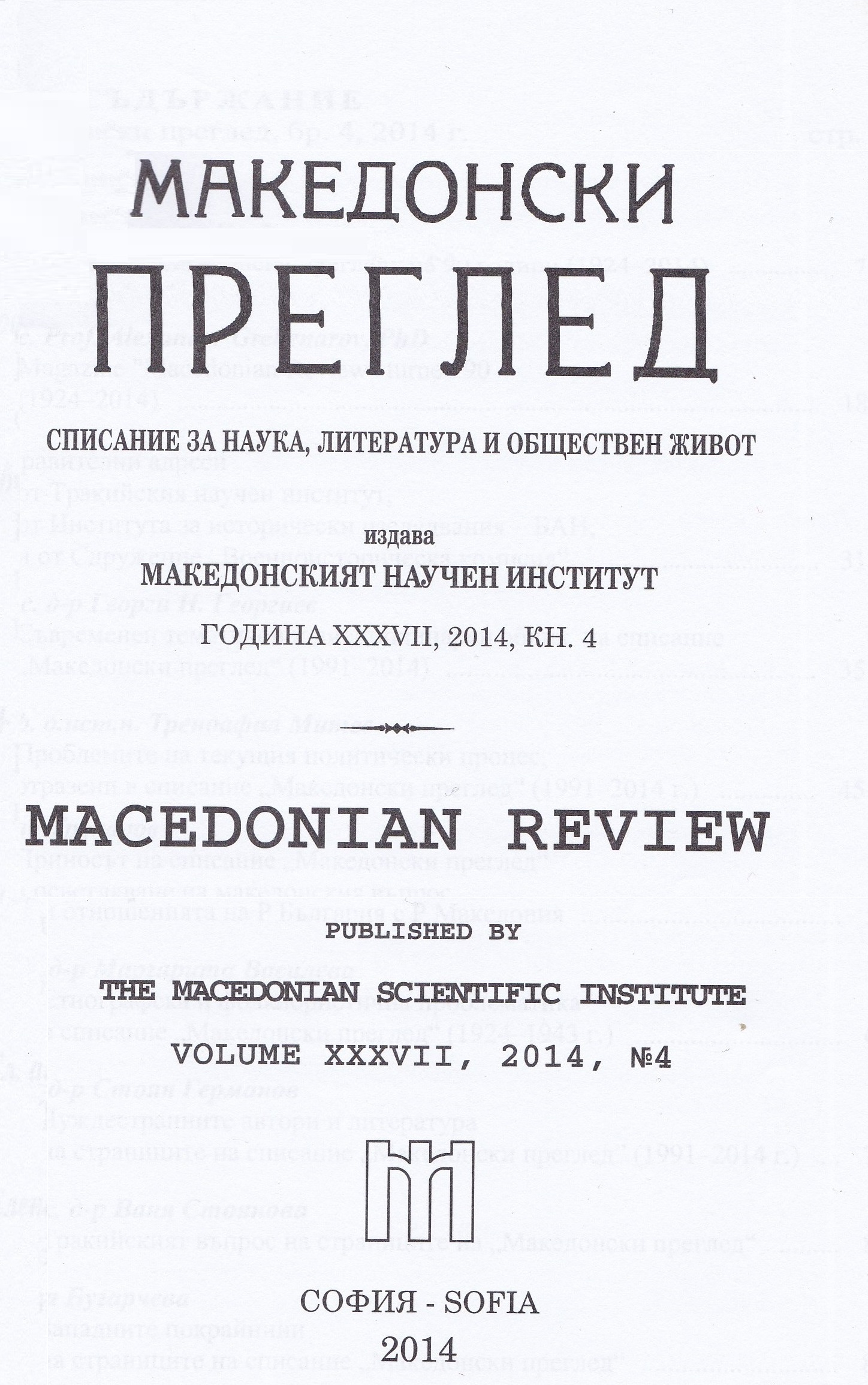
Magazine "Macedonian Review" began to print in 1991 as a continuation of the old magazine, printed from 1924 to 1943 and after restoration of the Sofia Macedonian Scientific Institute work in 1990.
More...
The author of the article gives an overview of the materials about Thrace and Thracian Bulgarians published in "Macedonian Review" during the two periods in which the magazine was released - from its establishment in 1924 to 1943 and from 1992 to today.
More...
Academician Ivan Duridanov is one of the brightest writers, published in the magazine "Macedonian Review" after the democratic changes of 1989 and the recovery of the series, founded in 1924.
More...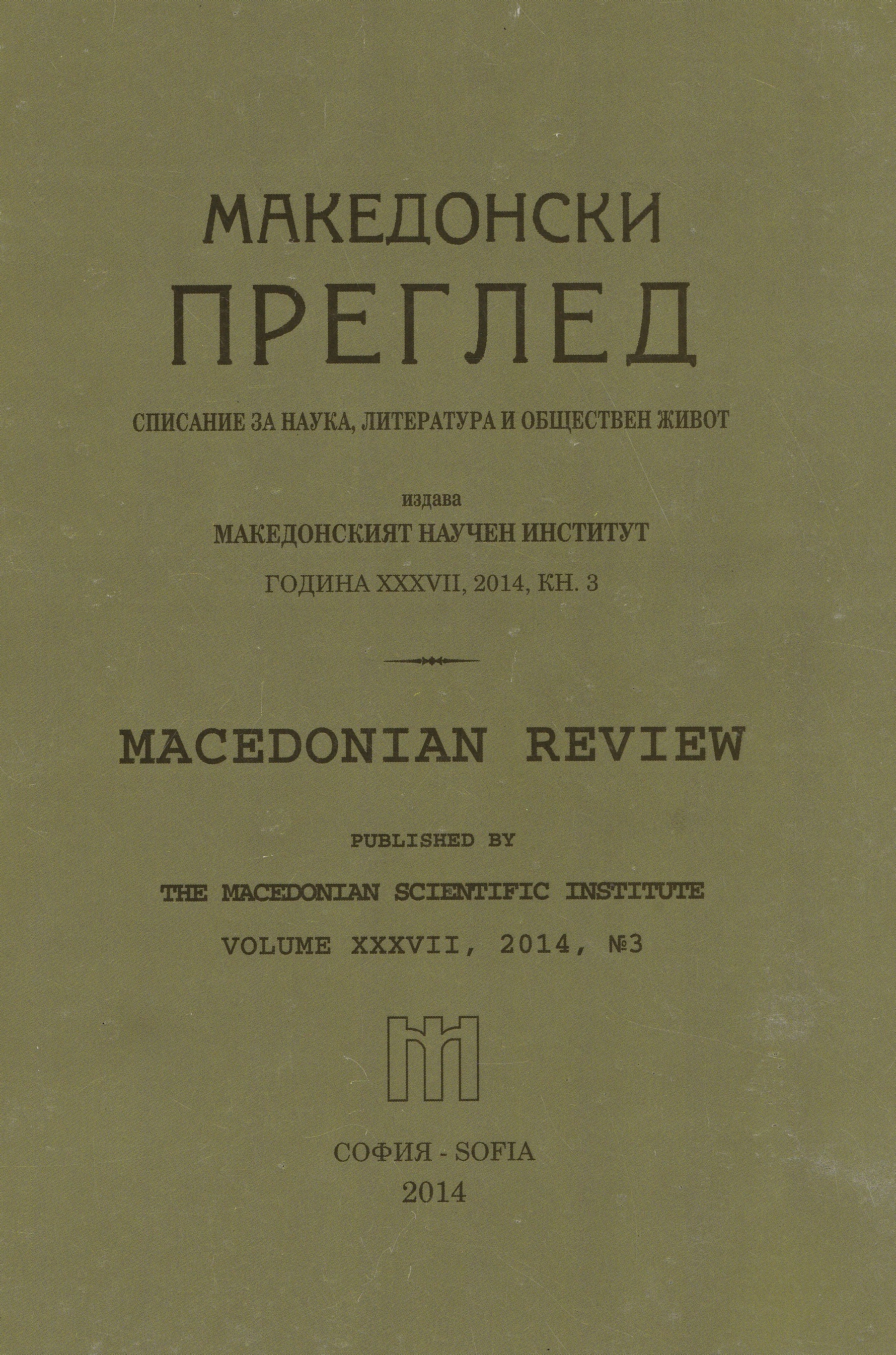
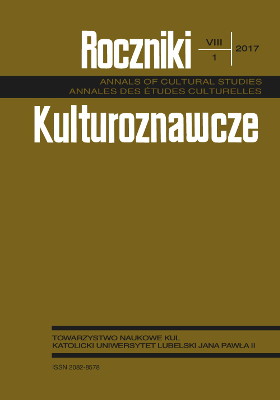
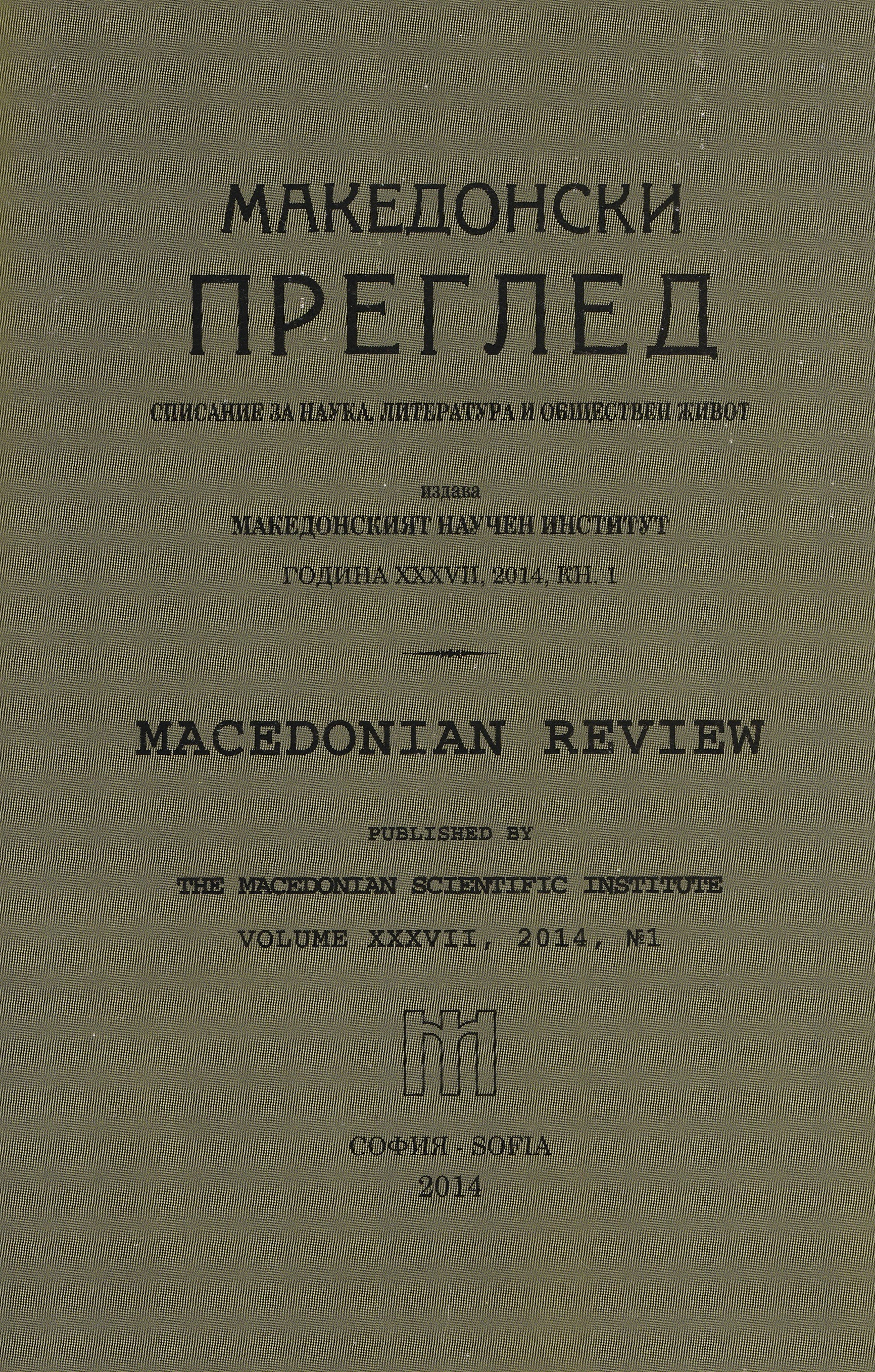
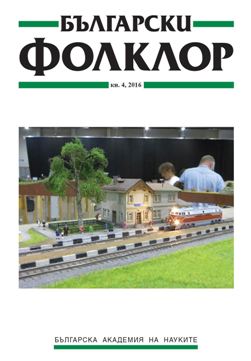
The text presents the current research focus of the Institute of Ethnology at the Faculty of Arts at Charles University, one of the oldest and most important ethnological academic institutions in the Czech Republic. Except on the short history of the Institute, which was established in 1993 from the previous Department of Ethnology with a history tracing back to 1880, the text focuses on its contemporary transformation since 2014, connected with its new management and related theoretical and methodological redefinition of its academic work. Important part of the transformation were three academic discussions on „ethnology“, „anthropology“ and „folklore studies“, organized in March 2016. These discussions helped to specify the research focus of the Institute, which now consists of a dominant anthropological section modelling theoretical and methodological framework of all research activities, as well as sections devoted to European ethnology and to the contextual research of folklore.
More...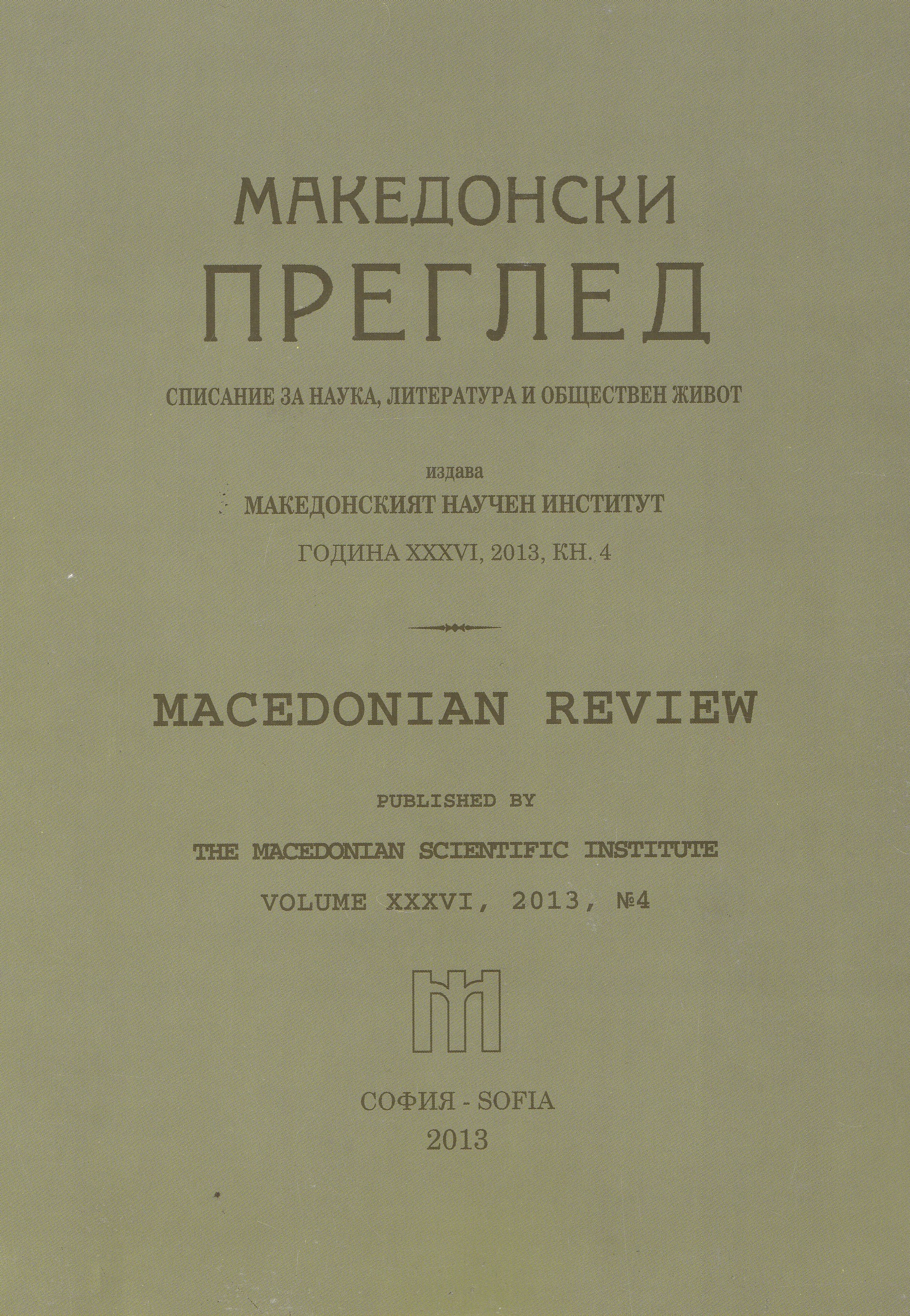
Professor Michael Dyhan was a prominent Ukrainian Slavonic scholar who left a solid scientific heritage devoted to important issues in the history of the Bulgarian people and the Russian-Bulgarian and Bulgarian-Ukrainian relations over the centuries.
More...
The outcry in the American society caused by the defeat of the Ilindenko-Preobrajensko Uprising in 1903 created the prerequisites for the foundation of a Bulgarian-American social committee in March 1904.
More...
The article examines the names of places that are in the village of Troskovo, Blagoevgrad.
More...
The article discusses the use of the definite article -ta within the paradigm of masculine nouns in Bulgarian dialects.
More...